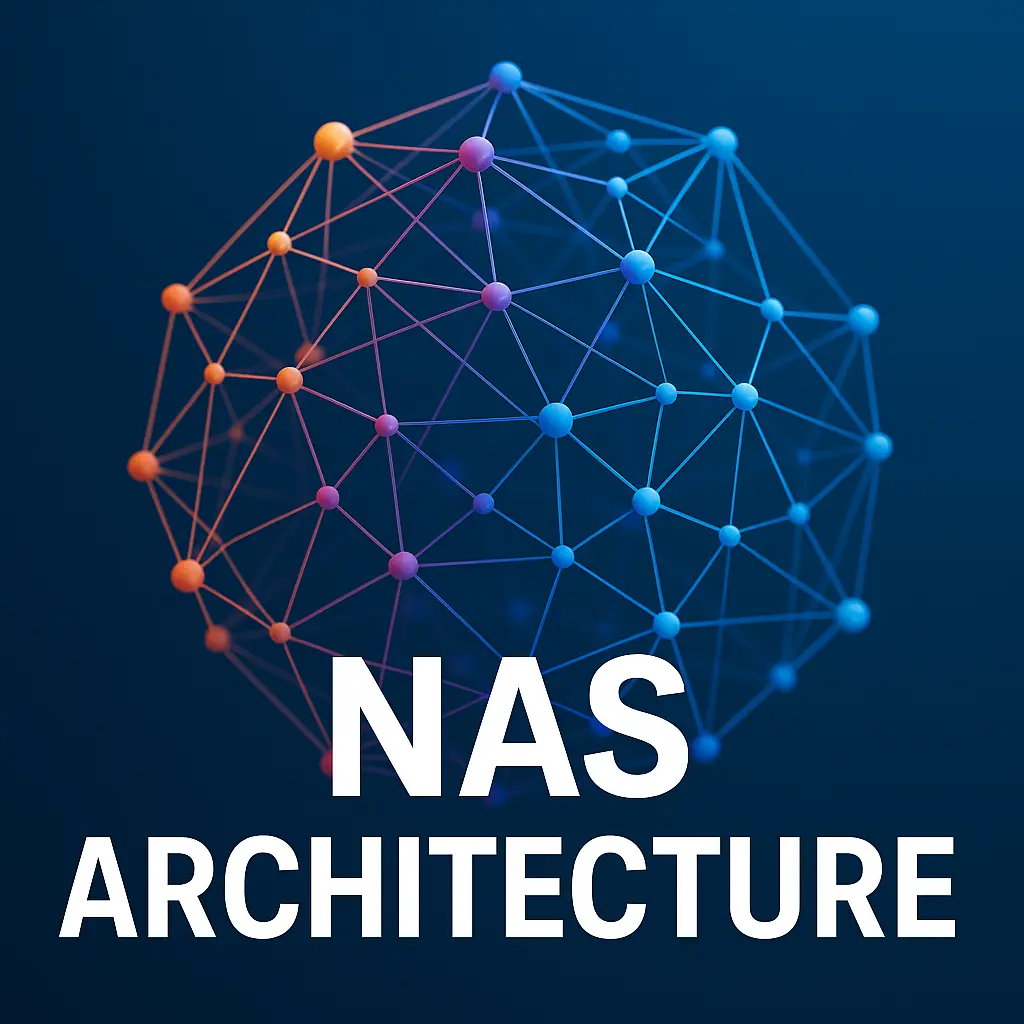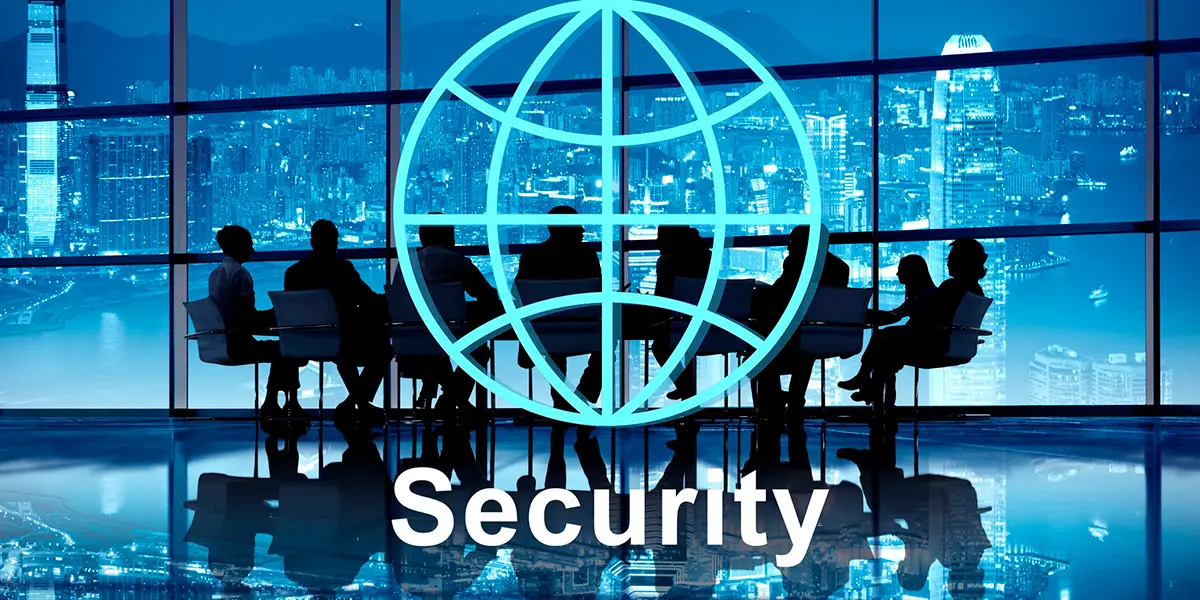Overview of the Current Cybersecurity Landscape in Dubai
Building a secure business network Dubai is crucial in today’s digital age. Dubai is a fast-growing metropolis with a thriving digital economy. This growth, however, attracts cybercriminals who exploit vulnerabilities in business networks. Statistics show a rise in cyberattacks like phishing, ransomware, and DDoS attacks. Additionally, Dubai has implemented strict cybersecurity regulations like the Dubai Data Law and the UAE Cybercrime Law. Compliance with these regulations is mandatory to avoid hefty fines and reputational damage.
Statistics on Cyberattacks and Data Breaches in Dubai


Recent statistics reveal a significant increase in cyberattacks targeting businesses in Dubai. According to a report by the Dubai Electronic Security Center, there has been a notable rise in data breaches and cyber threats over the past few years. This underscores the urgent need for businesses to strengthen their cybersecurity defenses.
Importance of Complying with Dubai’s Cybersecurity Regulations and Laws
Compliance with local cybersecurity regulations and laws is essential for businesses operating in Dubai. Key regulations include the Dubai Data Law and the UAE Cybercrime Law, which outline stringent requirements for data protection and cybersecurity practices. Adhering to these laws not only helps avoid legal repercussions but also enhances the overall security posture of a business.
Common Types of Cyber Threats in Dubai
Building a secure business network Dubai requires understanding the threats you face. Common cyber threats in Dubai include:
Phishing attacks:
Designed to steal login credentials and infiltrate your network.
Ransomware:
Encrypts your data, demanding a ransom for decryption.
DDoS attacks:
Overwhelm your network with traffic, causing outages and disruption.
Insider threats:
Malicious employees who misuse their access privileges.
Physical security threats:
Theft of devices or unauthorized access to network equipment.


Ways to build a secure business network Dubai
Employee Education and Awareness
Insider threats, whether malicious or accidental, pose significant risks. Employee education and awareness programs are vital in mitigating these threats. Regular training sessions on cybersecurity best practices can help employees recognize and avoid potential threats.
Physical Security to Business Networks Dubai
Physical security threats, such as theft and sabotage, can compromise business networks. Implementing robust physical security measures, including access controls and surveillance systems, is crucial to protecting network infrastructure.
Network Architecture and Design Considerations for Security
Designing a secure network architecture involves segmenting networks to limit access to sensitive data. Implementing best practices for hardware and software selection ensures a resilient and secure business network Dubai.
Implementing Firewalls and Intrusion Detection/Prevention Systems
Firewalls and Intrusion Detection/Prevention Systems (IDS/IPS) are essential components of a secure network. Firewalls control incoming and outgoing traffic, while IDS/IPS monitor network activities for suspicious behavior, providing an additional layer of defense.
Configuring Secure Remote Access and Virtual Private Networks (VPNs)
With the rise of remote work, secure remote access is more critical than ever. Implementing Virtual Private Networks (VPNs) ensures secure and encrypted connections for remote employees, protecting sensitive data from unauthorized access.
Importance of Network Segmentation and Isolation
Network segmentation involves dividing the network into smaller segments, each with its own security controls. This limits the spread of malware and restricts unauthorized access to sensitive areas of the network, enhancing overall security.
Data security methods in transit and at rest
Encrypting Data in Transit
Encrypting data in transit, such as using HTTPS for web traffic and SFTP for file transfers, protects data from interception and eavesdropping during transmission.
Encrypting Data at Rest
Data at rest, including files stored on disks and databases, must be encrypted to prevent unauthorized access. Techniques like full-disk encryption and database encryption ensure that sensitive information remains secure, even if physical devices are compromised.
Implementing Secure Data Backup and Disaster Recovery Procedures
Regular data backups and a comprehensive disaster recovery plan are essential components of a secure business network Dubai. These measures ensure that data can be quickly restored in the event of a cyberattack or data loss incident.
Implementing Identity and Access Management (IAM) in Dubai
Identity and Access Management (IAM) systems control who can access network resources and data. IAM is critical in preventing unauthorized access and ensuring that only authorized personnel can access sensitive information.
Implementing Multi-Factor Authentication (MFA) and Single Sign-On (SSO)
Multi-Factor Authentication (MFA) and Single Sign-On (SSO) enhance security by requiring multiple forms of verification and simplifying access control. These measures reduce the risk of unauthorized access and improve user convenience.
Role-Based Access Control (RBAC) and Least Privilege Access
Role Based Access Control (RBAC) and least privilege access principles ensure that employees only have access to the resources necessary for their roles. This minimizes the risk of accidental or intentional data breaches.
Identity and Access Management for Cloud-Based Services
Managing identities in cloud environments presents unique challenges. Implementing robust IAM practices for cloud-based services is crucial to securing data and applications in the cloud.
Network Monitoring and Incident Response in Dubai
Continuous network monitoring and logging help detect and respond to suspicious activities in real-time. This proactive approach enables businesses to identify and mitigate potential threats before they escalate.
Implementing a Security Information and Event Management (SIEM) System
A Security Information and Event Management (SIEM) system collects and analyzes security data from various sources. SIEM systems provide valuable insights into network activities, helping businesses detect and respond to security incidents effectively.
Conducting Regular Security Audits and Penetration Testing
Regular security audits and penetration testing help identify vulnerabilities and assess the effectiveness of security measures. These practices are essential for maintaining a secure business network Dubai.
Compliance and Regulations in Dubai
Compliance with local cybersecurity regulations and laws, such as the Dubai Data Law and UAE Cybercrime Law, is mandatory for businesses operating in Dubai. These regulations set standards for data protection and cybersecurity practices.
Compliance with cybersecurity regulations not only helps avoid legal repercussions but also enhances the overall security posture of a business. Regular audits ensure that security measures meet regulatory requirements.
A compliance program and risk management framework help businesses identify and mitigate potential security risks. These programs ensure ongoing compliance with cybersecurity regulations and best practices.


Conclusion
Building a secure business network in Dubai is essential for protecting sensitive data and ensuring operational continuity. By understanding the cybersecurity landscape, identifying potential threats, and implementing robust security measures, businesses can safeguard their networks against cyber threats. Continuous improvement, employee education, and compliance with local regulations are key to maintaining a secure business network Dubai. For comprehensive security solutions, consider partnering with a Dubai Fortinet Distributor to enhance your cybersecurity defenses.





